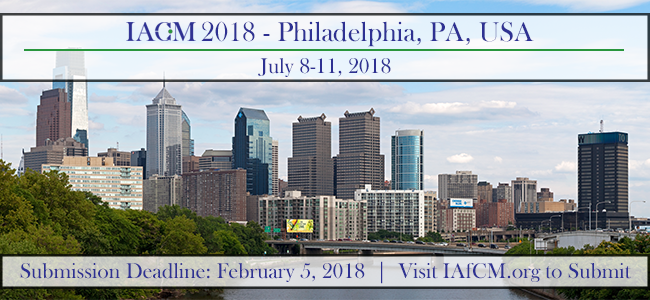Full Program »
Herd Invisibility: The Psychology of Racial Privilege
Despite overwhelming evidence of its existence, White privilege has received relatively little attention in psychological science. However, given the chronic and pervasive benefits tied to racial privilege, it stands to reason that living with such privilege affects Whites' everyday psychology. We explore this psychology of privilege, connecting Whites' everyday experiences and behaviors to underlying motivations (innocence and maintenance) connected to their privileged position in the social hierarchy. We shed light on Whites' use of strategies designed to protect their sense of innocence, and importantly, the consequences of these individual actions in aggregate. Specifically, we work to resolve the tension between Whites' motivated blindness in response to evidence of privilege, and their everyday experience of privilege as invisible. We argue that privilege is not inherently invisible; rather, Whites use cloaking strategies to address the discomfort associated with naked privilege. We further suggest that individuals acting to protect their own innocence leads to the emergence of invisibility at the societal level. A herd invisibility results, protecting both the innocence and privileges of individual Whites, but without their necessarily having to act on individual innocence or maintenance motivations.
